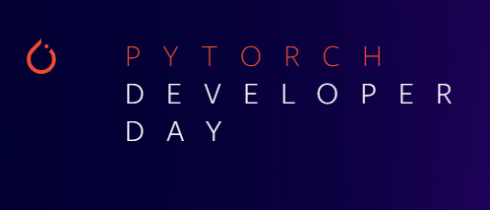
The PyTorch team is making a number of updates to support MLflow usage and provide support for mobile and ARM64 architecture. The team held its first PyTorch Developer Day yesterday to provide PyTorch developers with technical talks, project deep dives, and a networking event with the core PyTorch team and developers.
Highlights from the event included:
MLFlow + PyTorch
A number of announcements were made regarding end-to-end support for MLflow usage with PyTorch. These include support for autologging via PyTorch Lightning, TorchService integration through a new deployment plug-in, and a sample end-to-end workflow targeting HuggingFace Transformers.
These additions were the result of a collaboration between Databricks and MLflow core maintainers and the PyTorch core development team at Facebook.
In the future, the teams plan on adding features such as end-to-end workflows for NLP and computer vision, support for hyperparameter optimization, programmatic interpretability using Captum, and support for a feature Store.
PyTorch prototype features for mobile
The team has announced four new prototype features, three of which will enable mobile machine learning developers to execute models. New features include DSP and NPUs using the Android Neural Networks API (NNAPI), GPU execution on Android via Vulkan, and GPU execution on iOS via Metal.
The release also includes support for ARM64 builds for Linux.
Android Neural Networks API 1.3 and PyTorch Mobile support
The Android Neural Networks API (NNAPI) is designed to allow for running computationally intensive operations for machine learning on Android devices. NNAPI 1.3 adds support for Quality of Service APIs, Memory Domains, and expanded quantization support.
The team also announced PyTorch Neural Networks API support, which will allow developers to use hardware accelerated inference with PyTorch. This release also includes support for linear convolutional and multilayer perceptron models on Android 10 and higher.
Future releases will include support for additional operators and model architectures, such as Mask R-CNN.
Facebook AI and OpenMined partner on PyTorch privacy and machine learning courses
The Private AI Series course is designed for all levels of expertise and will provide an overview of privacy-related technologies and how to implement and analyze them.
The two goals of the series are to provide broad awareness and education and to promote key machine learning technologies.
The series will be broken into four courses: awareness, foundation, cross-enterprise statistics and federated learning, and federated statistics and learning on web and mobile. The first course will begin in January 2021.






